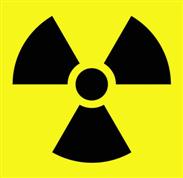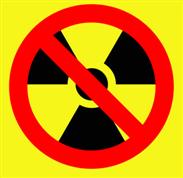  |
| What is Radon? |
630-836-1918
You canít see radon. And you canít smell it or taste it. But it
may be a
problem in your home. Radon is estimated to cause many thousands of deaths each
year. Thatís because when you breathe air containing radon, you can get lung
cancer. In fact, the Surgeon General has warned that radon is the second leading
cause of lung cancer in the United States today. Only smoking causes more lung
cancer deaths. If you smoke and your home has high radon levels, your
risk of lung cancer is especially high.
You should test for radon.
Testing is the only way to know if you and your
family are at risk from
radon. The EPA and the Surgeon General recommend testing all homes below the third
floor for radon. The EPA also recommends testing in schools.
Testing is inexpensive and easyóit should only take a few minutes of your time.
Millions of Americans have already tested their homes for radon. We recommend
testing your home every two years.
Licensed Radon Testing professionals can be found on our links page and both a continuous radon monitor and a simple test kit can be purchased at our store or by following the "Our Store" link to the left.
You can fix a radon problem.
Radon reduction systems work and they are not too
costly. Some radon
reduction systems can reduce radon levels in your home by up to 99%. Even very
high levels can be reduced to acceptable levels.
Is there Radon in our area?
Studies by the Illinois Emergency Management Agencyís (IEMA) Radon Program, the U.S. Environmental Protection Agency (USEPA) and others show that radon occurs in every county in Illinois. The Radon Program found in its study the following percentages of homes exceeding 4 pCi/L in area counties:
County Homes Average
Above Reading
4.0
DeKalb 51% 5.7
DuPage 47% 5.3
Grundy 44% 6.2
Kane 51% 5.7
Kendall 58% 6.6
Will 47% 5.6
as published by the IEMA study 2003-2004
Disclosure of Radon Information
The Illinois Radon Awareness Act and the Illinois
Real Property Disclosure Act require that a seller of a home disclose
information if
aware of unsafe concentrations of radon in the home. The acts do not require
that testing or remediation work be conducted.
However, many relocation companies and lending institutions, as well as home
buyers, request a radon test when purchasing a house. Sellers and brokers are
cautioned to err on the side of full disclosure of material facts prior to
entering into a purchase agreement.
|